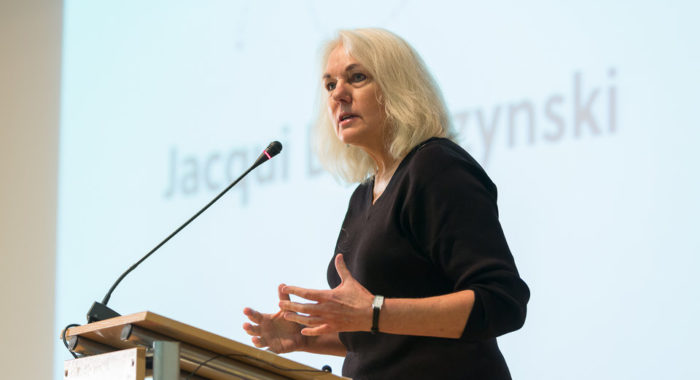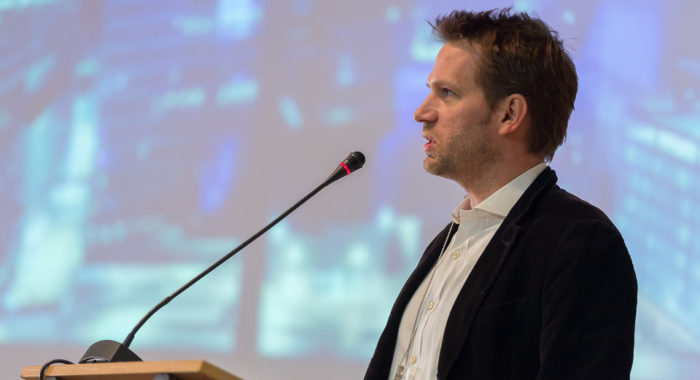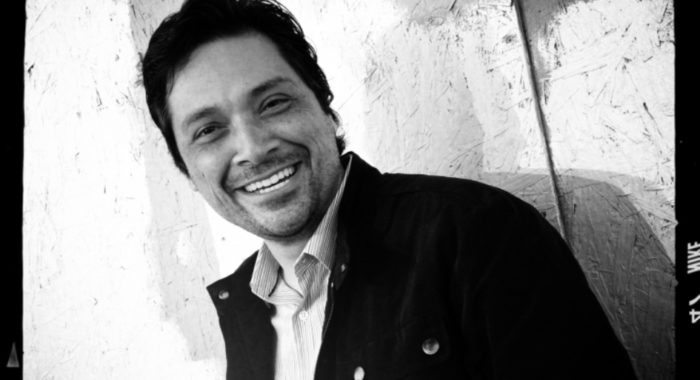Murray Nossel, PhD, is a teacher, performer, a trained clinical psychologist, an author, and an Oscar-nominated documentary filmmaker, as well as the co-founder and director of Narativ, a company focused on helping businesses and organizations tell better stories and transform internal and external communication. Murray lives by the rule that everybody has and can tell their story and that learning how to listen is key to good storytelling.
Born in Johannesburg, South Africa, Murray studied and practiced as a clinical psychologist, during which he trained in helping people navigate conflict and resolve disagreements, researched methods for improving creativity, worked in mental hospitals in Cape Town and, as a chief psychology officer in the Army, he treated PTSD-suffering soldiers by asking the only question that worked: ”What happened?”.
In 1990, Murray moved to the United States, to do his PhD in social work, in the middle of the AIDS epidemic. His job was to help patients come to terms with the fact that they were dying. Soon, Murray realized that they had nothing to leave behind but their own personal story, so he started a group for everyone to tell their story, even the ones that did not believe theirs was worth being told. In several months, the storytelling circle was filled with people and he started videotaping the stories they shared. The material helped put a human face on the AIDS epidemic and stopped legislators from approving major cutbacks in funding.
Murray tells this story at every corporate training that he does on behalf of Narativ, the company he co-founded and that helps organizations transform how they communicate. The Narativ storytelling method defines the three phases of creating a story: excavate (generate a story idea), craft (shape the story elements into a classic structure) and present (perform your story for the audience). For the past 20 years, he has taught this method to people from 62 different countries, in multiple languages, in corporations, in organizations, non-profit work, advocacy work, and at the Department of Narrative Medicine at Columbia University.
“By learning to tell your own story, you learn to do two things”, says Murray. “Firstly, you are developing your own appreciation of yourself, and of your own experience. Then you’re going to want to listen to the stories of others as well. And that’s where the spark of connection happens. (…) What’s possible when human beings are able to lay down their judgments and their opinions and their criticisms and just share their experience with one another, openly and from the heart, is a radical transformation in the way that we see communication.”
Murray is also an acclaimed documentary filmmaker. In 2003, he received an Oscar nomination for “Why Can’t We Be a Family Again?“, the story of two teenage brothers raised by their grandmother, who still hope that their mother will overcome the crack addiction that destroyed their family. Murray then directed the documentary “Turn to Me”, featuring Nobel Prize-winning author Elie Wiesel.
Together with his professional partner and friend Paul Browde, Murray also created “Two Men Talking”, an unscripted live storytelling performance shining light on issues of harassment, homophobia, anti-Semitism, and AIDS. The two had grown up in Johannesburg and attended school together but didn’t become close until they met again many years later in New York. Performed at conferences and also on theatre stages, the show is built on the stories that the two men compulsively exchanged in order to fill in the missing years.
Murray Nossel is speaking at the 8th edition of The Power of Storytelling. Register here to meet him and the other amazing speakers who will tackle this year’s theme: Rewrite.



